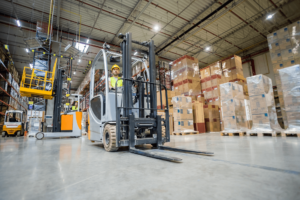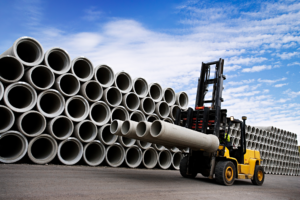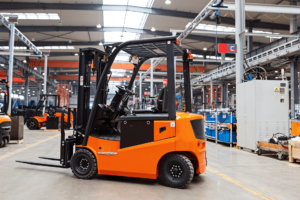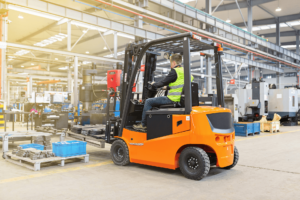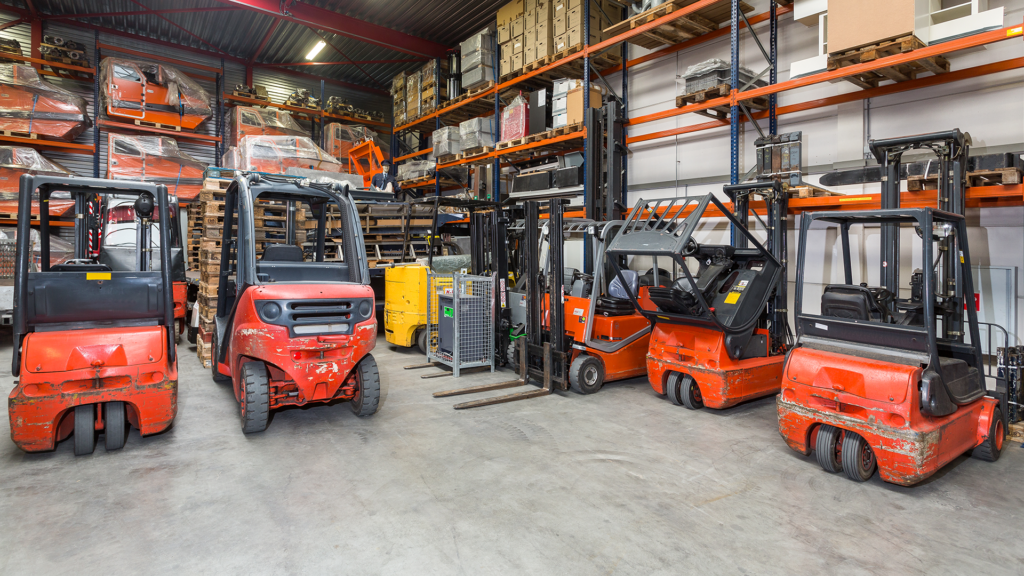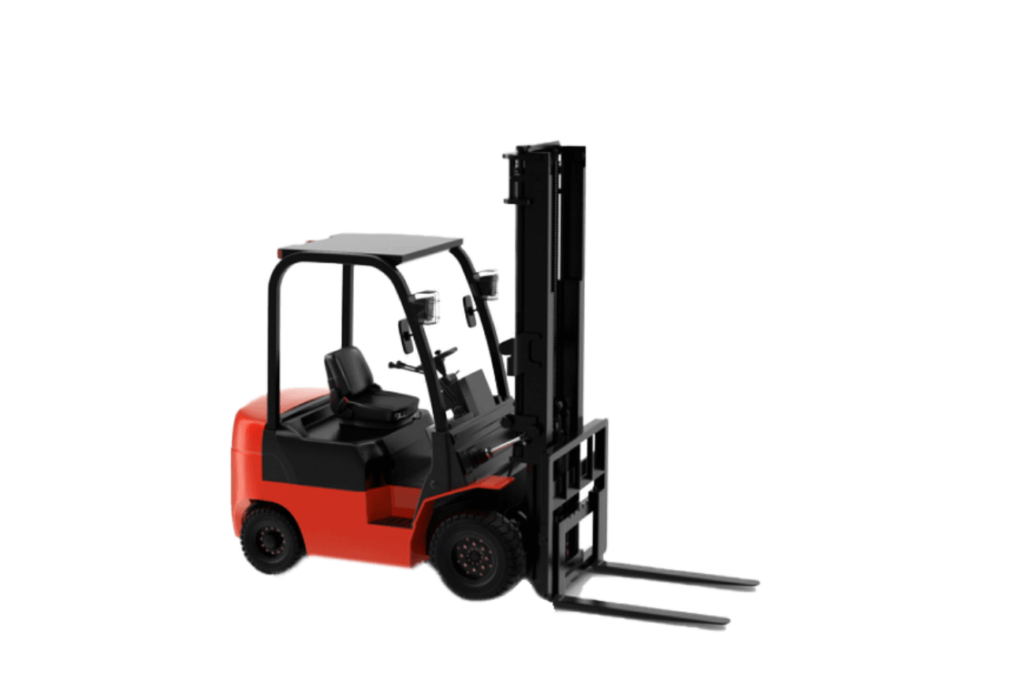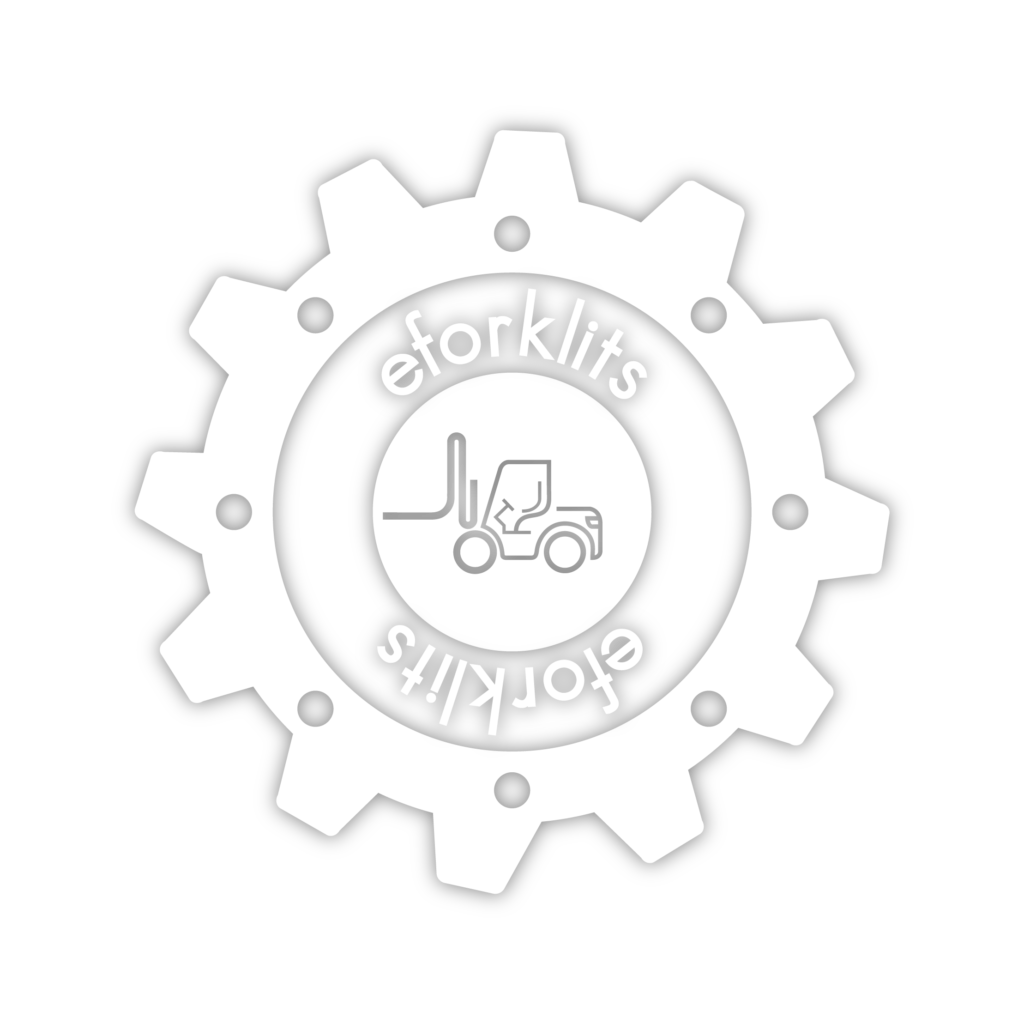Having a maintenance plan for your forklift should be one of the priorities in your business. In general, these equipment are subjected to long hours of work, so its good operation is of great importance to maintain productive operations, especially if your company depends on the movement of constant loads.
No matter what types of forklifts you use, electric or combustion, there are actions to take into account to keep your equipment working properly. Here we tell you why it is important to carry out the proper maintenance and what it consists of.
Why is it so important to maintain your forklifts?
Many companies wait for the equipment to present a fault to carry out some type of inspection. However, manufacturers suggest having a preventive maintenance plan for forklifts based on hours of use, compliance is the key to proper operation. Carrying out the proper maintenance not only translates into more productive equipment with a longer useful life, some other advantages are:
-Lower operating costs
-Eliminate unscheduled shutdowns
-Prevent major component failure
-Reduce the risk of workplace accidents
-Take care of the environment by not generating waste and reducing polluting gases.
How is forklifts maintenance?
Maintenance varies according to the type of forklift and the working hours it has. In general, preventive maintenance can consist of a complete analysis of the equipment, including visual and operational tests on the unit to ensure that all its systems are in good condition.
In the case of electric forklifts, being equipment that is used in different environmental conditions, such as temperature changes, long shifts or contact with various materials, it is important to keep abreast of its correct operation. As a result, the electrical components of the system must be inspected on a regular basis to help minimize downtime and equipment damage. Some of the points to check are the front system, switches, brakes, steering, engine, the correct level of hydraulic oil, check of contactors and battery.
For the maintenance of combustion forklifts, some of the important components to check are the change of filters and oil check, transmission, cooling system, steering, brakes, front system, among others.
Something important that you should consider to extend the useful life and reduce the downtime of your forklift, is that the maintenance is carried out by qualified personnel. Well, if an unqualified technician tries to diagnose problems, it could take hours of guesswork or change unnecessary parts that cause unnecessary expense.
Other considerations to extend the life of your forklift
Some other tips that you should take into account:
1.Operate the equipment following the manufacturer’s instructions.
2.Pay attention to the maximum capacity not to exceed it, battery charge recommendations or fuel use, among others.
3.Do daily inspections. In addition to scheduled maintenance, it is important that operators pay attention to daily inspections, this will help them to detect problems.
Follow the operating procedures. Try to follow the appropriate safety tips for each team.
Use the right forklift parts. Even though the parts or components are similar, they can cause the equipment to not function as well as the correct ones.
Performing periodic maintenance on forklifts and any heavy machinery equipment is essential to extend their useful life. Likewise, it is important to follow the aforementioned care measures. Likewise, it is important that you inform yourself with professionals who know very well about the branch.
If you want a more complete guide, know how to reduce forklift operating costs by monitoring conditions and even access the details of an adequate maintenance plan for electric and combustion forklifts, do not hesitate to contact us at E-forklifts We have a professional team ready to help you and solve all your concerns.




